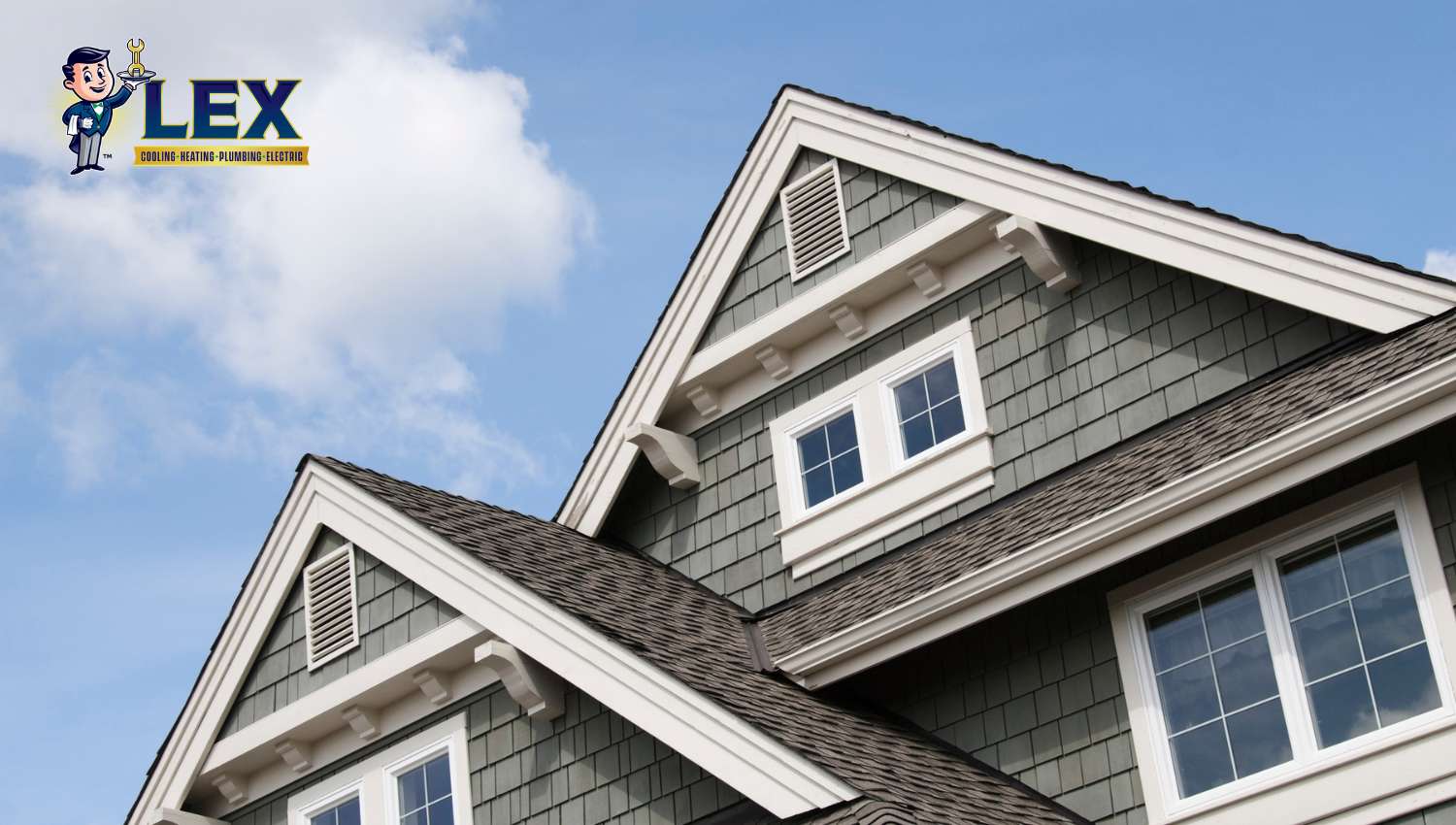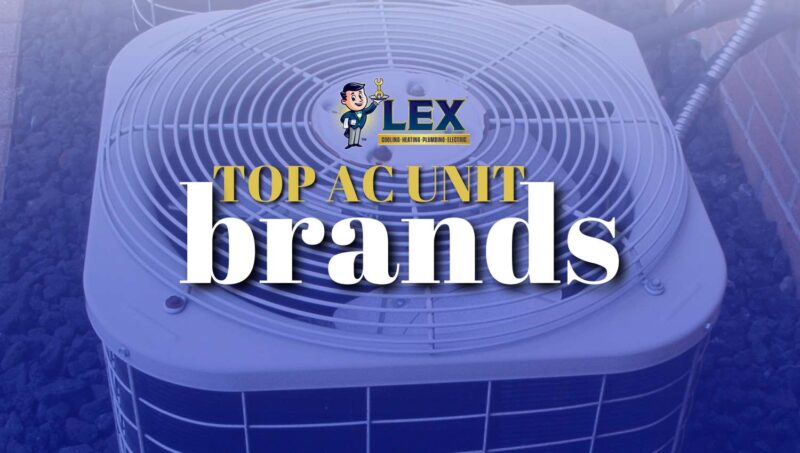Have you ever opened your monthly statement and wondered why your electric bill is so high, even though you feel like you’re doing everything right? The average household can easily overlook simple factors that lead to skyrocketing energy costs. No worries, though! Our Carrollton heating and cooling technicians from Lex Air are here to explain the common reasons your energy bill is too high and how we can help you address these issues.
Why is My Electric Bill So High?
Have you been wondering why your electric bill is so high lately? Many factors can contribute to rising energy costs, especially during the hot Carrollton summers. Your HVAC system plays a significant role in determining how much electricity your home uses, particularly if it’s working overtime to compensate for air leaks.
Understanding your energy usage can greatly affect your electricity bill, whether it’s an inefficient natural gas system or hidden energy hogs. Below, we’ll explore the most common reasons why a typical household might see a spike in cooling costs and other energy costs and provide some practical tips to help you manage your electric bill more effectively.

Poor Insulation
Is your home properly insulated? Poor insulation in your walls, attic, and even around pipes and water heaters can significantly contribute to high energy bills. The importance of proper insulation for HVAC efficiency cannot be overstated, as inadequate or deteriorating insulation causes your HVAC system to work much harder to maintain a comfortable temperature. This constant strain not only drives up your energy usage but also shortens the lifespan of your heater and air conditioner.
Additionally, poorly insulated pipes and water heaters require your hot water system to use more energy to maintain the desired temperature, further increasing your energy bill. Ensuring proper insulation in these key areas can significantly reduce energy bills and enhance overall comfort.
Thermostat Issues or Incorrect Settings
Thermostat issues or incorrect settings can be another major contributor to high electricity bills. If your thermostat is malfunctioning or set incorrectly, it can cause your HVAC system to run inefficiently, using more electricity than necessary.
For instance, setting the temperature too low in the summer can lead to your air conditioning system working overtime to pump out cold air, even when it’s unnecessary. This not only increases wear and tear on your HVAC system but also results in unnecessarily high energy consumption.
Addressing these issues with professional thermostat repair and installation in Carrollton, TX or learning more about how to set your thermostat to lower your energy bills can help ensure your system operates efficiently, saving you both energy and money.
Leaving Large Appliances On
Leaving large appliances on, even when not in use, can significantly increase your electricity costs. Appliances like refrigerators, washing machines, dryers, and ovens consume a substantial amount of electricity, and when they’re left running unnecessarily, they contribute to higher energy consumption.
For example, leaving a dryer running for an extended period of time or forgetting to turn off your oven, especially during peak hours, can increase your electricity consumption. Peak hours are times of the day when electricity usage is at its highest, leading to higher energy costs. To save on electric bills, utility companies advise using major appliances during off-peak hours when the average electricity cost is lower.
Additionally, keeping devices like computers, televisions, or other electronics in standby mode instead of completely shutting them down can add to high electricity prices. Being mindful of turning off and unplugging appliances when they’re not needed is a simple yet effective way to reduce energy usage and save money.

Inefficient HVAC Systems and Appliances
Inefficient HVAC systems and appliances are often the hidden energy hogs in your home, leading to an abnormally high electric bill. An older electric furnace, outdated water heater, or other inefficient equipment requires more electricity and can drive up your cooling and heating bill.
Upgrading to Energy Star-certified energy-efficient appliances can make a substantial difference. These appliances are designed to save electricity while delivering the same or better performance, helping you save money in the long run. Investing in energy-efficient appliances ensures that your home runs smoothly without the unnecessary expense caused by inefficient systems and outdated technology.
Inefficient Lighting
Inefficient lighting is another common hidden source of high electric bills. Traditional incandescent bulbs use a lot of energy and generate more heat than light, making them far less energy efficient than modern alternatives.
Switching to LED bulbs is a simple yet impactful way to reduce electricity usage. LED bulbs use a fraction of the energy required by incandescent bulbs and have a much longer lifespan, which means fewer replacements and lower costs over time. Upgrading your light bulbs to LED bulbs is an easy step towards a more energy-efficient home, helping to lower your overall electric bill.
Inefficient Windows
Inefficient windows can also significantly impact your home’s electricity usage, leading to higher heating bills in the winter and increased reliance on your air conditioner in the summer. Poorly sealed or single-pane windows allow warm air to escape during colder months and let in unwanted heat during warmer months, forcing your air conditioner and heating system to work harder to maintain a comfortable temperature.
This extra strain results in higher energy usage and inflated electric bills. Investing in energy-efficient windows can improve insulation, reduce drafts, and help control your cooling and heating costs.
Old or Broken Down HVAC Equipment
Similar to inefficient systems, old or broken-down HVAC equipment can be a major contributor to a high electricity bill and inconsistent home comfort. As heat pumps and air conditioners age, they often lose efficiency, requiring more energy to deliver the same level of heating or cooling. This not only drives up your energy consumption but also leaves you with an unreliable system that struggles to maintain a comfortable environment in your home.
By enrolling in Lex Air’s HVAC maintenance plan, you can ensure your equipment is regularly serviced, which helps to extend its lifespan and maintain energy efficiency. If your system is outdated, our Carrollton AC installation specialists can also assist with upgrading to modern, energy-efficient models, significantly reducing energy consumption, improving home comfort, and lowering your electricity bills over time.

Environmental Factors Can Also Influence Your Electricity Bill
It’s also important to consider outside elements that might be impacting your electricity bill. Environmental factors can have a huge influence on your electric bills, often leading to unexpected increases in electricity use. For example, during extremely hot summers in North Texas (which is just about every summer season), your air conditioner may have to work harder to keep your home cool, leading to higher energy consumption.
Similarly, heat pumps may run continuously during cold snaps to maintain comfortable indoor temperatures, driving up electric bills. Factors like humidity and the amount of sunlight your home receives can also impact how often your HVAC system needs to operate, ultimately affecting your electricity use. Understanding these environmental influences can help you take proactive steps to manage your energy consumption more effectively.
How To Save on Electric Bills
Saving on electric bills starts with improving energy efficiency in your home. One effective strategy is unplugging appliances when not in use, as they can drain power even in standby mode, increasing your kilowatt-hour usage. Also, if you have a spare fridge you’re not using, consider getting rid of it, as this appliance can also increase electricity consumption.
Another way to lower your electric bill is to add insulation. Adding insulation to areas of your home that lack it can help maintain a consistent temperature by reducing the need for your HVAC system to work harder and helping you save energy.
If a high electric bill is uncommon, consider monitoring your electric meter for any unusual activity. An easy way for many homeowners to check their energy usage is by shutting off the main breaker in their home and then checking the electric meter. If electricity usage is still happening, you may need to contact your utility company.
Implementing these tips can help Carrollton homeowners become more energy efficient and can result in noticeable savings on their next electric bill and beyond.

High Electric Bill? Our Experienced Professionals at Lex Can Help You Save
If you’re struggling with high electric bills, our experienced professionals at Lex Air are here to help. We can conduct a comprehensive energy audit to identify where your home may lose efficiency and drive up energy costs.
Following the audit, we can recommend ways to reduce energy consumption and help you save money on your electric bill. Whether it’s installing an energy-efficient air conditioner, replacing your outdated heat pump, or installing LED light fixtures, Lex Air has the tools to help you lower your electric bill and start saving electricity and money.
Don’t let high energy bills drain your wallet; call (972) 217-8955 or reach out online to get started today!












